
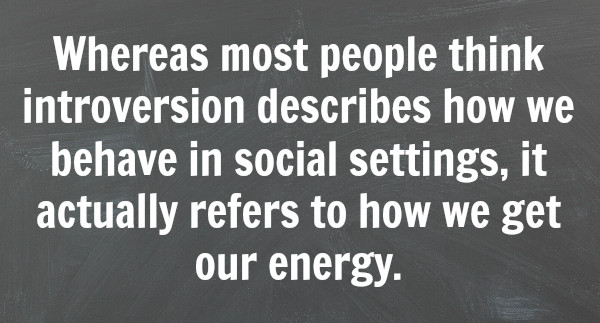
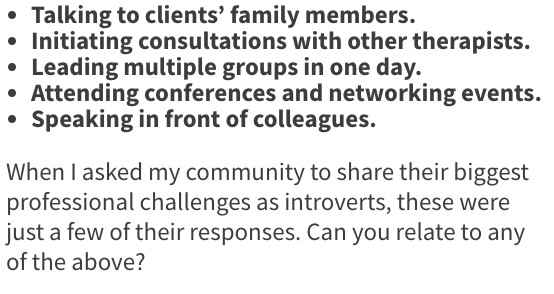
My Introvert Story

“Since when are you an introvert?” It was my dad, of all people, who asked me this question recently. “But how can you be an introvert? You’ve been performing in front of people your whole life. That doesn’t seem very introverted to me.”
That’s when I had to debunk the common misconception that being an introvert means being shy and uncomfortable around other people. I explained to my dad that while I have no problem getting up on a stage and singing, it’s the interaction with many people before and after that completely drains me and necessitates time alone to recharge afterwards.

Growing up, I didn’t know the name for that aspect of my personality. I had a hard time understanding why in high school I preferred to go out to dinner with a few friends on New Years Eve instead of going to a huge party, or why I didn’t mind spending most Friday nights at home instead of going to football games with the rest of the student body, or how I could get up in front of a packed auditorium and perform in my high school musical yet dreaded speaking up on brainstorming day for the school newspaper.
I just knew that being in social settings for extended periods of time was absolutely exhausting for me. I assumed I would outgrow this as I got older, maybe when I went away to college. But once I was on my own, 1200 miles from anyone I knew, I realized that part of me wasn’t going to change.
Luckily, a few weeks into my freshman year at Rollins College, I attended a workshop at which we were presented with the Myers-Briggs type indicator — a personality assessment test that answered all those questions I had about myself. I found out that I’m an INTJ, which made so much sense. But that I, which stands for introversion, was the most significant of the letters for me.
Introversion Vs. Extroversion
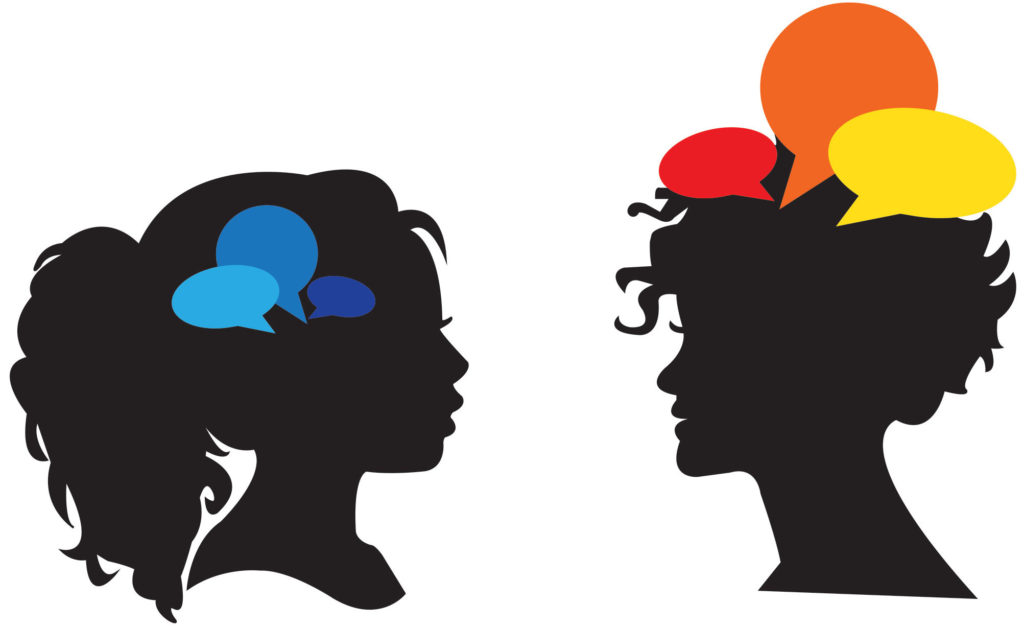
Introversion and Extraversion are the terms originally used by Carl Jung (the psychiatrist upon whose theory of psychological type the MBTI is based) to explain how people get their energy. Here’s how the MTBI explains introversion and extraversion from each perspective:
Introversion (I)
I like getting my energy from dealing with the ideas, pictures, memories, and reactions that are inside my head, in my inner world. I often prefer doing things alone or with one or two people I feel comfortable with. I take time to reflect so that I have a clear idea of what I’ll be doing when I decide to act. Ideas are almost solid things for me. Sometimes I like the idea of something better than the real thing.
The following statements generally apply to me:
- I am seen as “reflective” or “reserved.”
- I feel comfortable being alone and like things I can do on my own.
- I prefer to know just a few people well.
- I sometimes spend too much time reflecting and don’t move into action quickly enough.
- I sometimes forget to check with the outside world to see if my ideas really fit the experience.
Extraversion (E)
I like getting my energy from active involvement in events and having a lot of different activities. I’m excited when I’m around people and I like to energize other people. I like moving into action and making things happen. I generally feel at home in the world. I often understand a problem better when I can talk out loud about it and hear what others have to say.
The following statements generally apply to me:
- I am seen as “outgoing” or as a “people person.”
- I feel comfortable in groups and like working in them.
- I have a wide range of friends and know lots of people.
- I sometimes jump too quickly into an activity and don’t allow enough time to think it over.
- Before I start a project, I sometimes forget to stop and get clear on what I want to do and why.
While I can’t relate to hardly any of the statements describing an “E” person, I agree with each and every “I” statement. Yes, I can behave in an outgoing manner, perform in front of a crowd, and hold conversations with people easily, but doing those things drains my battery, so to speak.
Why I Created This Course
What really fuels me is working in solitude, fleshing out my ideas and using my creativity to bring them to life. I was surprised when so many music therapists could relate to this blog post about my introversion, because I always assume that most of my colleagues are extroverts.

But the more I thought about it, the more it made sense to me that there are so many introverts in this field. Almost all of us started as musicians as children or young adults, which requires a great deal of creative expression and practice in solitude. One of the things that drew me — and most likely many of my colleagues — to music therapy was the opportunity to use my ideas and creativity in a positive and effective manner, impacting peoples’ lives for the better.
Brainstorming, analyzing, and putting my creativity to work is what energizes me and gives me the fuel I need to go out into the field or clinic. After a full day of working with people, though, I’m more than ready to recharge by spending time alone.
There is a lot of talk about burnout in the field of music therapy, and I know I’ve personally been on the brink several times. Each instance was a result of too much clinical practice, which took from my proverbial cup, and not enough time spent on my own recharging.
This can be a draining career, especially for introverts. After 10 years of trial and error, learning to find a balance between interaction and solitude as a practicing music therapist, I felt called to share my experiences with my fellow introverts.

The course includes three audio modules (and corresponding text versions) titled as follows: Own Your Introversion, Navigating the Social Waters, and Recovery, Self-Care and Growth. Each module is approximately 45 minutes in length.
Own Your Introversion
2. Know Thyself
3. Curate Your Specialties
4. Take Charge of Your Inner Voice
Navigating the Social Waters
2. Rehearse Just the Right Amount
3. The Power of the Written Word
4. Do Something Scary Every Day
Recovery, Self-Care & Growth
2. Recharge Your Social Batteries
3. Find the Extroverted Yin…
4. Set Goals for Growth

In addition to the main content, there is a bonus Q&A addressing the biggest challenges that introverted music therapists face in their work lives.
The course also includes three full-length interviews with board-certified music therapists who identify as introverts. These interviews provide insight, advice and resources spanning a variety of topics related to introversion and professional success.
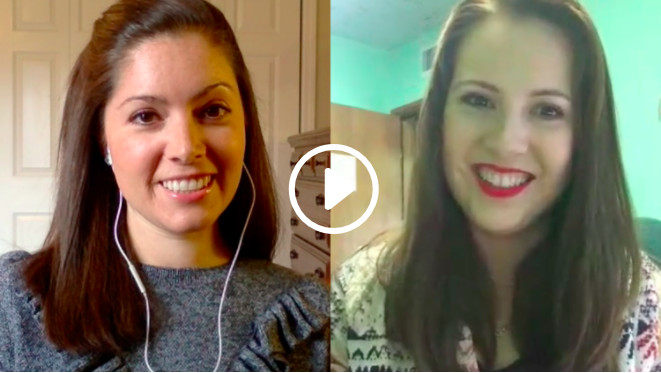
Ellen Ricks, MT-BC
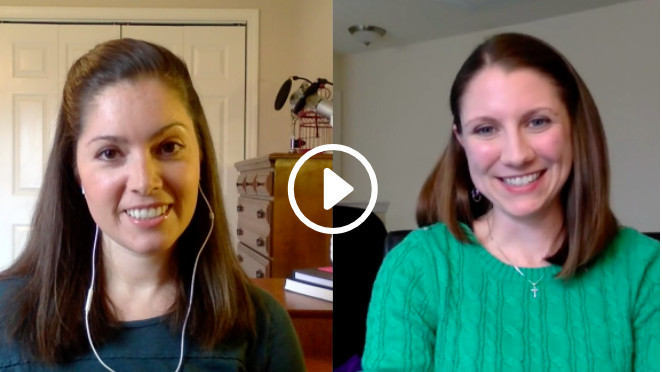
Lauren Servos, MT-BC
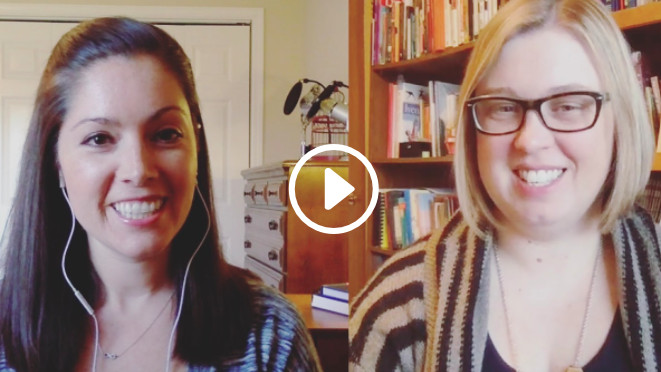
Rachelle Norman, MA, MT-BC

I am excited to own my introversion and use my “super powers” to be the best clinician I can be while making sure I incorporate plenty of reflective time in my day and play to those strengths as much as possible. Thanks for creating this course, Rachel!
Those who purchase the course will have lifetime access to all course materials, including the videos and bonus Q&A. Once this enrollment period ends, any subsequent opportunities to take the course will not include the videos listed above or the current bonus Q&A.
Any new materials added the the course in the future will be available to participants who join before enrollment ends.
The Introvert’s Guide to Thriving in an Extroverted Career is approved by the Certification Board for Music Therapists (CBMT) for 3 Continuing Music Therapy Education credits. Music Therapy Connections, #P-103, maintains responsibility for program quality and adherence to CBMT policies and criteria.
